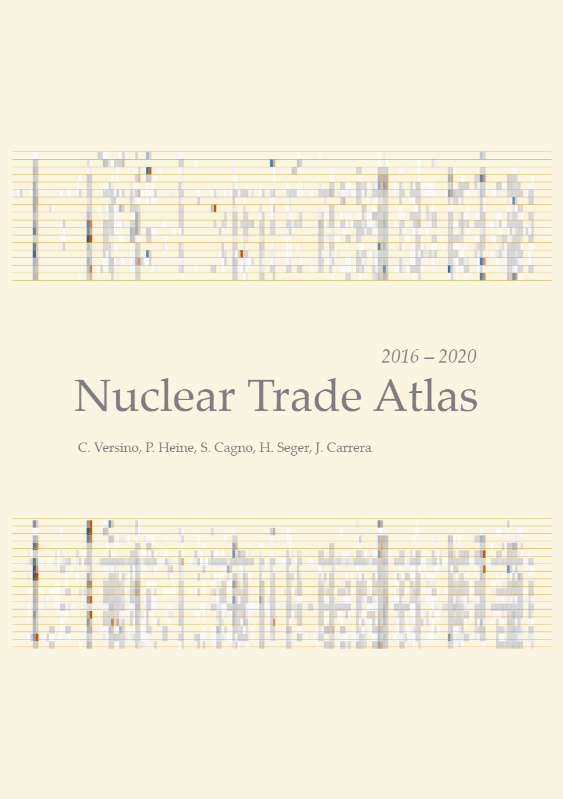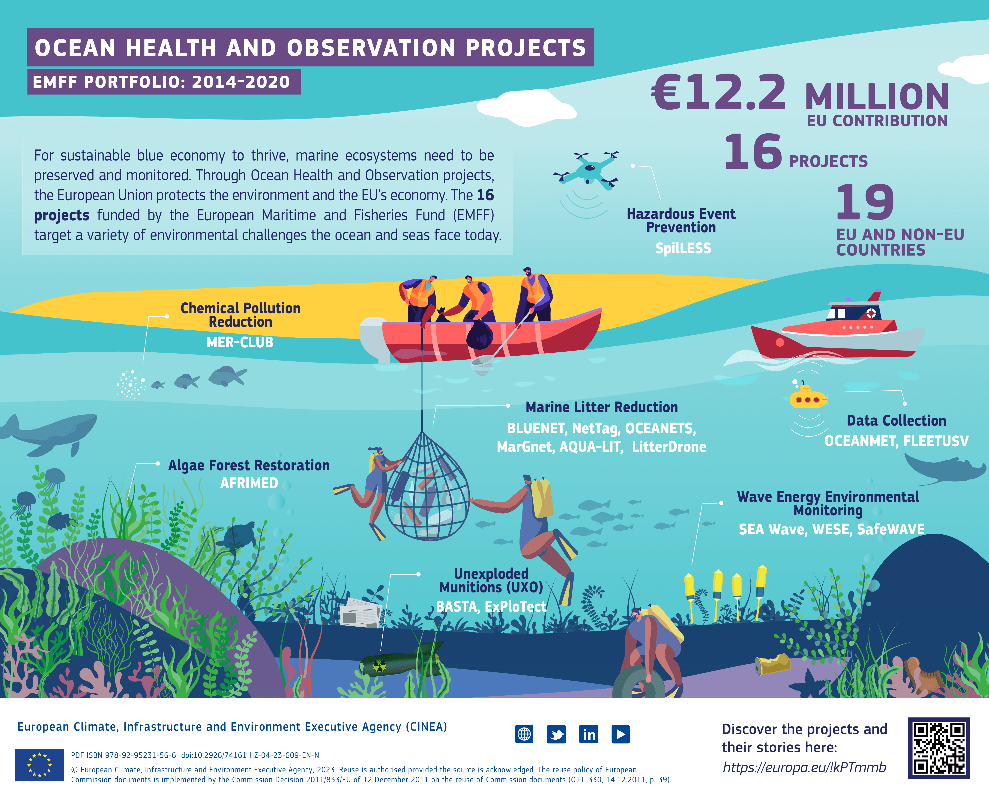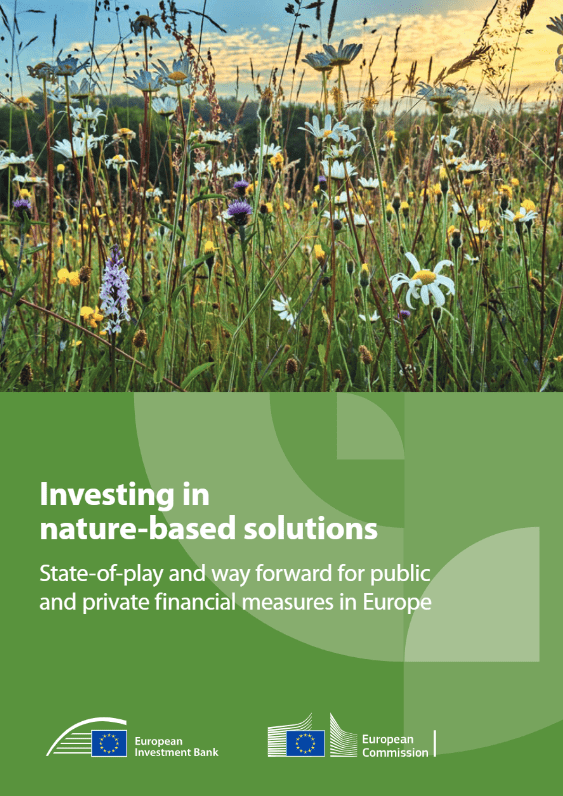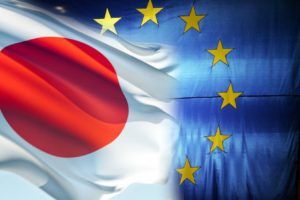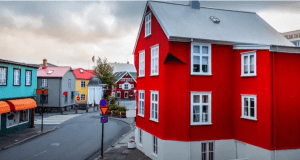
CDE Almería - Centro de Documentación Europea - Universidad de Almería
Centro de Documentación Europea de la Universidad de Almería
Cultura y Educación
Documentación comunitaria en las áreas de Cooperación Internacional Universitaria, Digitalización en el Ámbito Educativo, Espacio Europeo de Educación Superior y Patrimonio Cultural Europeo. Contiene también las últimas noticias, mediateca y boletines relacionados con la materia.
Estás aquí: Fondo Digital CDE > Cultura y Educación

Building on prior work developing a Strategic Trade Atlas promoting understanding of global trade flows of strategic goods, a Nuclear Trade Atlas was developed based on publicly available trade data. The Nuclear Trade Atlas examines trade patterns and trends for seventeen commodities based on a two-step assessment of the trade’s nuclear relevance: first estimating the probability that trade classified under a given Harmonized System (HS) code represents a specific commodity included in the export control lists of the Nuclear Suppliers Group, and second estimating the probability that the listed, often dual-use, commodity would be indicative of nuclear use. These estimates combine to provide a measure of the likelihood trade classified under a given HS code may be nuclear relevant. By exclusively focusing on the HS codes most highly ranked by this measure, the resulting data visualizations comprising the Nuclear Trade Atlas provide those responsible for regulating or monitoring nuclear trade greater understanding of relevant global trading patterns and trends. The Atlas includes both commodityand country-based views of nuclear trade. It is published as a book and as an interactive tool. Besides trade data, the interactive Atlas also includes data about countries’ non-proliferation commitments, allowing users to take this information into consideration while analyzing specific trade flows.
[Leer Más]For sustainable blue economy to thrive, marine ecosystems need to be preserved and monitored. Through Ocean Health and Observation projects, the European Union protects the environment and the EU’s economy. The 16 projects funded by the European Maritime and Fisheries Fund (EMFF) target a variety of environmental challenges the ocean and seas face today.
[Leer Más]Nature-based solutions are cost-effective interventions that provide environmental, social, and economic benefits and build resilience. This report highlights the challenges involved in financing nature-based projects and draws on the European Investment Bank’s experience in implementing the Natural Capital Financing Facility pilot programme in Europe and interviews with key players across the field. The analysis looks at nature-based solutions across six ecosystems and landscapes. The in-depth report also presents key recommendations on how to attract much-needed private investment, including the establishment of a range of funding and financing mechanisms, as well legislative solutions to facilitate cooperation among public entities and co-financing. Investing in nature-based solutions: State-of-play and way forward for public and private financial measures in Europe, was produced for the European Commission’s Directorate-General for Research and Innovation by the European Investment Bank’s Innovation & Digital Finance Advisory division.
Ver menos
- « Anterior
- 1
- …
- 145
- 146
- 147
- 148
- 149
- …
- 5.922
- Siguiente »
Noticias relacionadas
Boletines CDE
- BOLETÍN INFORMATIVO EDUCACIÓN Y CULTURA EN LA UE (Nº9)
- BOLETÍN INFORMATIVO EDUCACIÓN Y CULTURA EN LA UE (Nº8)
- BOLETÍN INFORMATIVO EDUCACIÓN Y CULTURA EN LA UE (Nº7)
- BOLETÍN INFORMATIVO EDUCACIÓN Y CULTURA EN LA UE (Nº6)
- BOLETÍN INFORMATIVO EDUCACIÓN Y CULTURA EN LA UE (Nº5)
- BOLETÍN INFORMATIVO EDUCACIÓN Y CULTURA EN LA UE (Nº4)
- BOLETÍN INFORMATIVO EDUCACIÓN Y CULTURA EN LA UE(Nº 3)
- BOLETÍN INFORMATIVO EDUCACIÓN Y CULTURA EN LA UE (Nº 2)
- BOLETÍN INFORMATIVO EDUCACIÓN Y CULTURA EN LA UE (Nº1)
